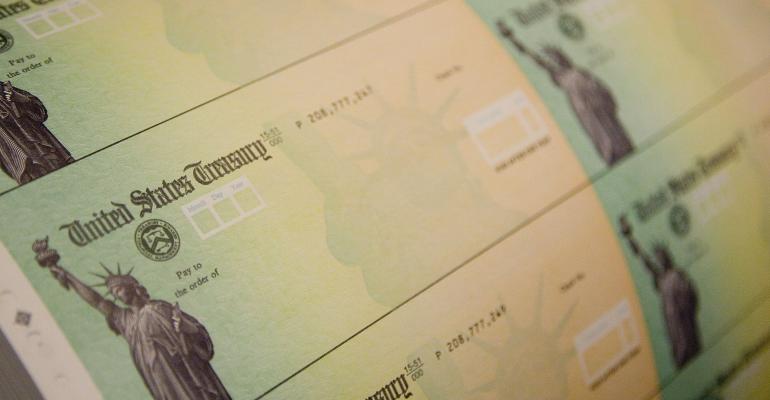The federal government’s $2 trillion stimulus package is a courageous step to boost our economy but is not enough to protect the retail industry. The looming cash shortfall threatens tenants, landlords, and lenders. If we want the retail sector—which supports 52 million jobs nationwide—to persevere, the government must extend to landlords the same protections it is providing to small businesses and labor as part of the CARES Act. Lenders must also act in good faith to forge solutions for forbearance, otherwise the federal government must mandate it. With this government assistance, we all must find a solution to work together across the retail industry.
There are 600 retail tenants within our portfolio and nearly 30 percent of them are small businesses. I personally love working with entrepreneurs: their shops and restaurants make our retail centers distinct and supporting their ambitions is one of DJM’s core values. The past few weeks have been brutal for them. Many have had to close their doors (either voluntarily or by mandate) and many have had to lay off workers.
The CARES Act supports small businesses via loans and tax credits that can fund payroll and rent. Governor Newsom of California has also placed a moratorium on evictions to further support commercial tenants, but rent will still be owed by most tenants to their Landlords on April 1.While the CARES Act stimulus will help fund many retailers, it doesn’t go far enough to shore up the rest of the retail ecosystem. Landlords, which rely on rent to service debt obligations to banks and creditors, need government mandated support, too.
As it stands (although it changes daily), there is currently no federal or state requirement for lenders to work with landlords in the same way landlords are being required (legally or otherwise) to work with tenants. Most owners of commercial real estate properties require lender approval of rent relief requests. Since lenders are not held to the same legal mandates with respect to rent relief requests, they can choose not to approve these requests. Landlords could then be forced to act on other remedies that will be detrimental to the long-term sustainability of the industry, including calling on personal guarantees of tenants, drawing on tenant credit facilities, putting tenants into default of their lease obligations, or perhaps even filing for bankruptcy.
No part is more important than the other in this retail ecosystem. In order to survive through this crisis, the levels of government support need to be the same for each aspect of the retail industry.
As an industry, we should anticipate that this crisis will likely last into May or potentially longer. Using China as a case study, we should expect that the recovery won’t begin for 45 to 60 days. Until the recovery ends, we should assume tenants will continue to request rent relief.
The federal government will likely need to provide stimulus to the banks and other major financial institutions as well to get through this in the same way as tenants. There will also need to be discussions with the rating agencies to not downgrade banks’ rating for working through this scale of forbearance with landlords and potentially accepting Federal aid.
We need empathy, first and foremost. In my daily conversations with lenders, other landlords and merchants, most of them express a willingness to help and an understanding that the solution will be “we will get through this,” not “I need to get through this.” We all have a social obligation to work together to slow the curve and allow the time that will be required to do so through Shelter in Place. Each of us will incur pain. We will all be required to bend but must do so together, so no part of this ecosystem is forced to break.
Without empathy, including government interventions, we should anticipate a tsunami of landlord loan defaults and potential property foreclosures.
Bear in mind, the pandemic wasn’t created by one sector's greed; we can’t compare this to the recession of 2008. We are at war against an unseen enemy, and our social responsibility is to work together to solve the problems it has created. This is nothing short of our civic duty: let's work together to get the American economic engine running again, people on the street, shopping in our stores, working-out in our gyms, dining at our restaurants, socializing at our bars and nightclubs, and playing in our parks.
I look forward to getting to the other side of this. I look forward to giving a friend a high five again; a hug to a loved-one you haven't seen in a while; and raising a glass with all who will join to say, “Cheers! Together we got through this!”
Stenn Parton is chief retail officer of DJM, a privately held owner and operator of 4 million sq. ft. of retail and mixed-use properties in California and Texas including Hollywood & Highland, Runway Playa Vista, Lido Marina Village and Pacific City.




